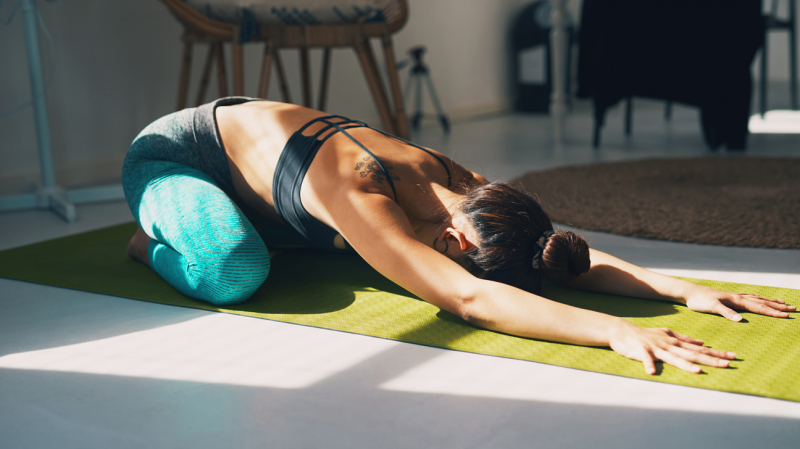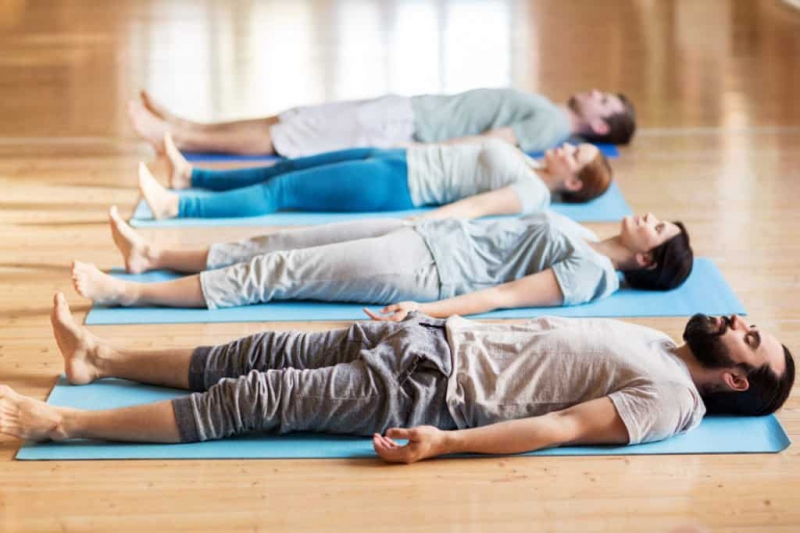Yoga decreases anxiety
Yoga is a mindfulness exercise that can lessen the effects of anxiety. Although this age-old practice wasn't created as a treatment for anxiety, its principles and advantages make it particularly helpful in calming the body and mind when you're experiencing anxiety. Slowing down and concentrating on the breath, as well as being attentive to the current moment rather than worrying about the future, are some of the ways that yoga can help with anxiety.
Our ability to maintain our composure in the face of difficulties, stress, and turmoil is made possible by the balance we develop through the rigorous practice of yoga. Thus, consistent yoga practice can aid individuals in reducing anxiety symptoms without the need for medicine and coping successfully with situations, ideas, emotions, and sensations that cause anxiety. Yoga is not a religion, despite its spiritual aspect. Yoga is a system for inner wellbeing instead. As a result, it is a good tool for assisting with anxiety symptom reduction.
Yoga has a direct, beneficial effect on both our mind and body, which helps to reduce anxiety. Yoga practice promotes the parasympathetic nervous system and deactivates the sympathetic nervous system, which controls our fight-flight or freezes response (the one that relaxes and calms us, dubbed rest-and-digest). As a result, our breathing slows and deepens, our heart rate decreases, and our blood pressure returns to normal. Yoga also improves heart rate variability, a sign of how adaptable and favorably our bodies can react to stress. Yoga's method of concentrated, deep breathing is quite effective for lowering anxiety. Breathing quickly and shallowly is a natural response to worry; however, taking long, deep breaths calms the nervous system and reduces anxiety symptoms.








